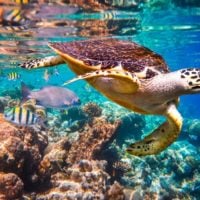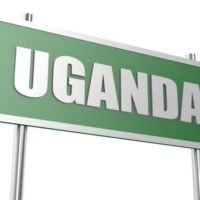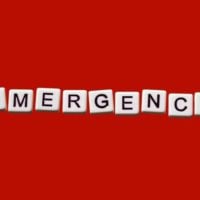Deadline: 06-Oct-21
Call for proposals for European Commission’s Fostering Organic Crop Breeding.
Scope
- Promoting the use of more sustainable farming practices is an EU policy objective enshrined in the European Green Deal and its related strategies.
- Boosting organic farming in the EU, one of these objectives, can greatly contribute to achieving the ambition to significantly reduce the use and risk of inputs in farming while making agriculture more resilient, including through increased (bio) diversity. Increasing the availability of organic varieties for the organic sector that is better adapted to different and variable conditions is important in order to improve the performance of the organic crop sector.
- Application of the new organic Regulation (EU) No 2018/848 has the potential to support higher levels of biodiversity and greater resilience in the organic sector with the use of new tools such as the definition of organic heterogeneous material (OHM) and organic varieties.
- The possibility to use landraces can also revive traditional and regional crops.
- However, achieving adequate and timely upscaling of organic breeding and seed production that meet growing market demands can be challenging for the sector.
- Strong involvement from public and private actors, novel governance and financing models for breeding, variety testing and seed production, as well as training, are needed.
Funding Information
Grant amount is equal to or greater than EUR 500 000 except for:
- public bodies (entities established as a public body under national law, including local, regional or national authorities) or international organisations; and
- cases where the individual requested grant amount is not more than EUR 60 000 (lowvalue grant).
Expected Outcomes
- A successful proposal should support the objectives of the EU biodiversity and farm to fork strategies to transition to fair, healthy and environmentally-friendly food systems from primary production to consumption, notably the objective to increase organic farming.
- They should do so by increasing the availability of and access to suitable plant reproductive material for organic crops and by increasing the competitiveness of the organic crop breeding sector.
- As such, activities funded under this topic will help the EU achieve the target of at least 25% of the EU’s agricultural land under organic farming by 2030.
- Project results are expected to contribute to all the following expected outcomes:
- Greater knowledge of relevant traits for organic crop production;
- Improved and open access to a wider pool of high-quality plant reproductive material for the organic crop sector;
- Improved adaptation of new organic crop varieties and organic heterogeneous material to organic farming conditions (e.g. agronomic performance under organic cultivation practices, disease resistance, resilience to drought, longevity, adaptation to different pedo-climatic conditions, nutritional quality, etc.);
- Improved identification and traceability of organic heterogeneous material (OHM);
- Increased competitiveness of the organic crop breeding sector achieved by
- improved availability of breeding strategies for organic crop production;
- novel governance and financing models supporting new breeding initiatives for organic crop production;
- increased relevance of the organic sector for commercial plant breeders and seed producers generating increased demand for organic seed and breeding;
- improved quality and transparency in the organic plant reproductive material market;
- training, demonstration and networking.
Eligibility Criteria
- Any legal entity, regardless of its place of establishment, including legal entities from non-associated third countries or international organisations (including international European research organisations) is eligible to participate (whether it is eligible for funding or not), provided that the conditions laid down in the Horizon Europe Regulation have been met, along with any other conditions laid down in the specific call topic.
- A ‘legal entity’ means any natural or legal person created and recognised as such under national law, EU law or international law, which has legal personality and which may, acting in its own name, exercise rights and be subject to obligations, or an entity without legal personality.
- To be eligible for funding, applicants must be established in one of the eligible countries, i.e:
- the Member States of the European Union, including their outermost regions;
- the Overseas Countries and Territories (OCTs) linked to the Member States;
- eligible non-EU countries:
- countries associated to Horizon Europe
- low- and middle-income countries
For more information, visit https://bit.ly/36uyDHf









































